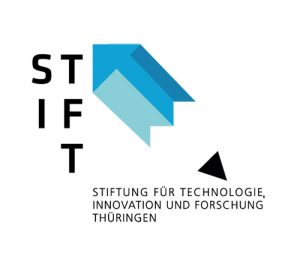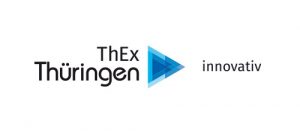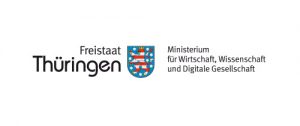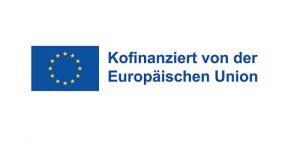At the closing event of the JugendUnternimmt summer school on July 25 in Erfurt, Jugend forscht participants from all over Germany presented the business models they developed during the summer school. They spent a week developing viable entrepreneurial projects from their scientific solutions.
For the 11th time, the JugendUnternimmt summer school accompanied young researchers from all over Germany to develop viable business models from their scientific projects submitted to Jugend forscht. From July 22 to 26, the young people took part in various workshops, seminars and discussion rounds. Entrepreneurs, financing experts and coaches shared their practical expertise with the young entrepreneurs. The participants learned about the complexity of entrepreneurial thinking and action based on their own project ideas and learned the basics of founding their own start-ups at a young age.
One of the participating experts is Christiane Kilian, member of the STIFT Executive Board. She is enthusiastic about the innovative power of the future entrepreneurs: “With the JugendUnternimmt summer school, we give young people the chance to develop their innovative solutions on an equal footing. In doing so, we are opening doors to future start-ups and business models that can make a difference to society.”
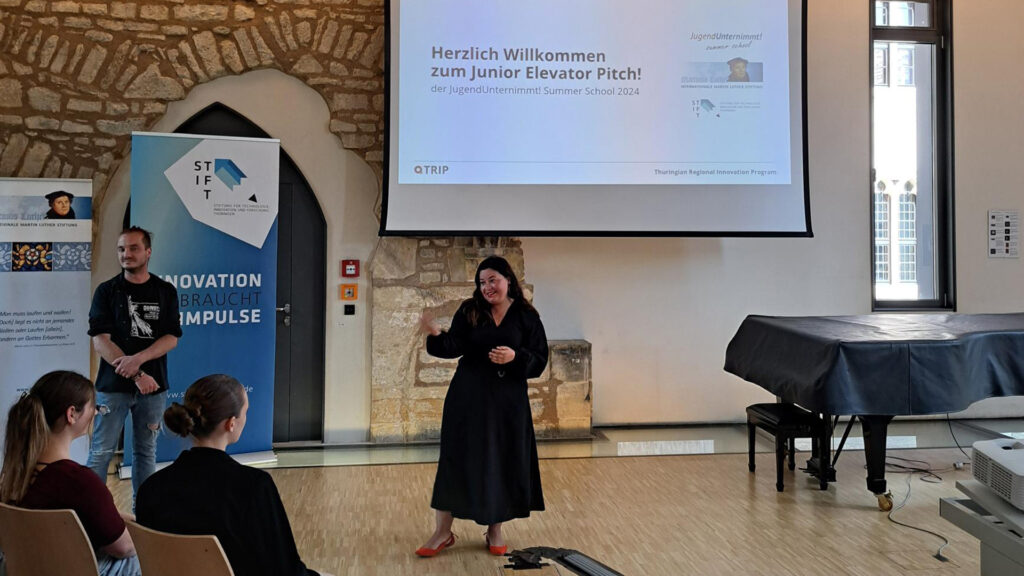
The JugendUnternimmt summer school is a joint project of Internationalen Martin Luther Stiftung (IMLS) and Stiftung für Technologie, Innovation und Forschung Thüringen (STIFT). Participation is awarded as a special prize via the Jugend forscht competition. Participants whose projects are particularly application-ready or have a high utilization potential are selected.
The participants’ projects offer technically innovative proposals for solving complex problems in areas such as business, environmental protection or medicine. The majority of the ideas come from the STEM fields of mathematics, computer science, natural sciences and technology. Among the 11 participants are three projects from Thuringia, including the project “Pneumonea Detection using Convolutional Neural Networks”. Marvin Heyne, a pupil at the Albert Schweitzer Gymnasium in Erfurt, worked with fellow pupils to develop a method for the more precise diagnosis of pneumonia using artificial intelligence. The submission made it to the national competition in Heilbronn in June 2024 and was awarded a special prize.
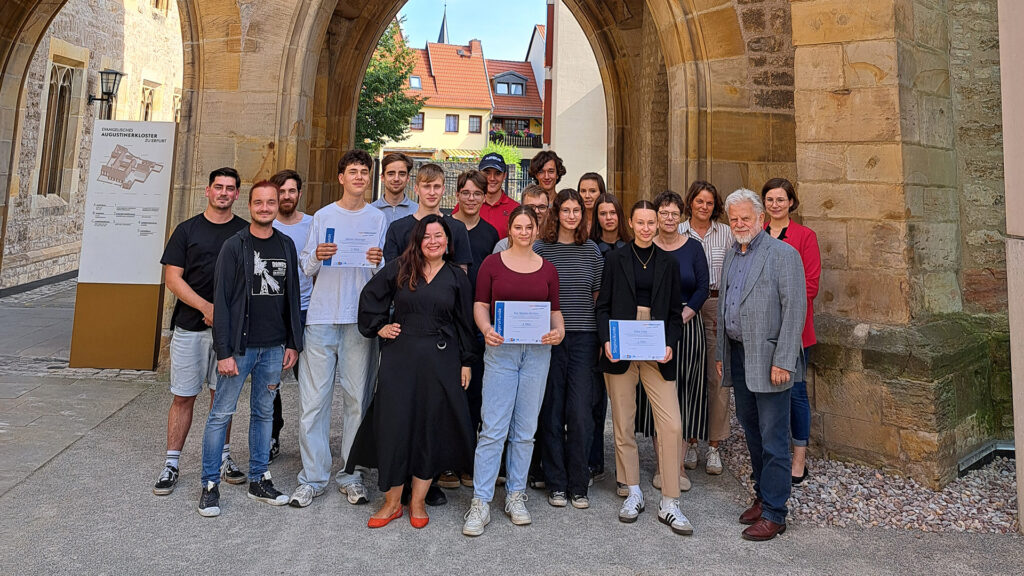
After a week full of expertise, workshops, coaching and networking, the young researchers presented the business ideas they had developed at the final public event in Erfurt’s Augustinian Monastery on July 25. In an elevator pitch, they presented their ideas to a jury of experts from management consultancies, companies and Thuringia’s startup accelerator, the Thuringian Regional Innovation Program (TRIP), and received valuable feedback for their future entrepreneurial careers.


